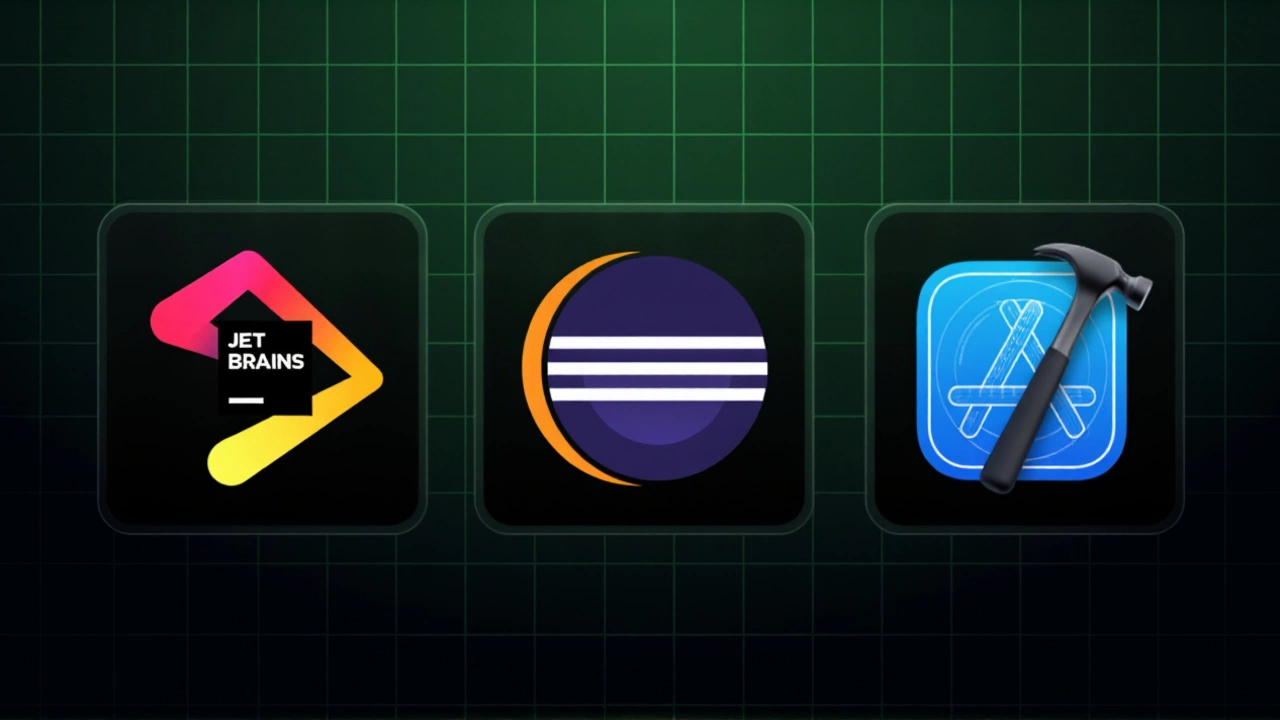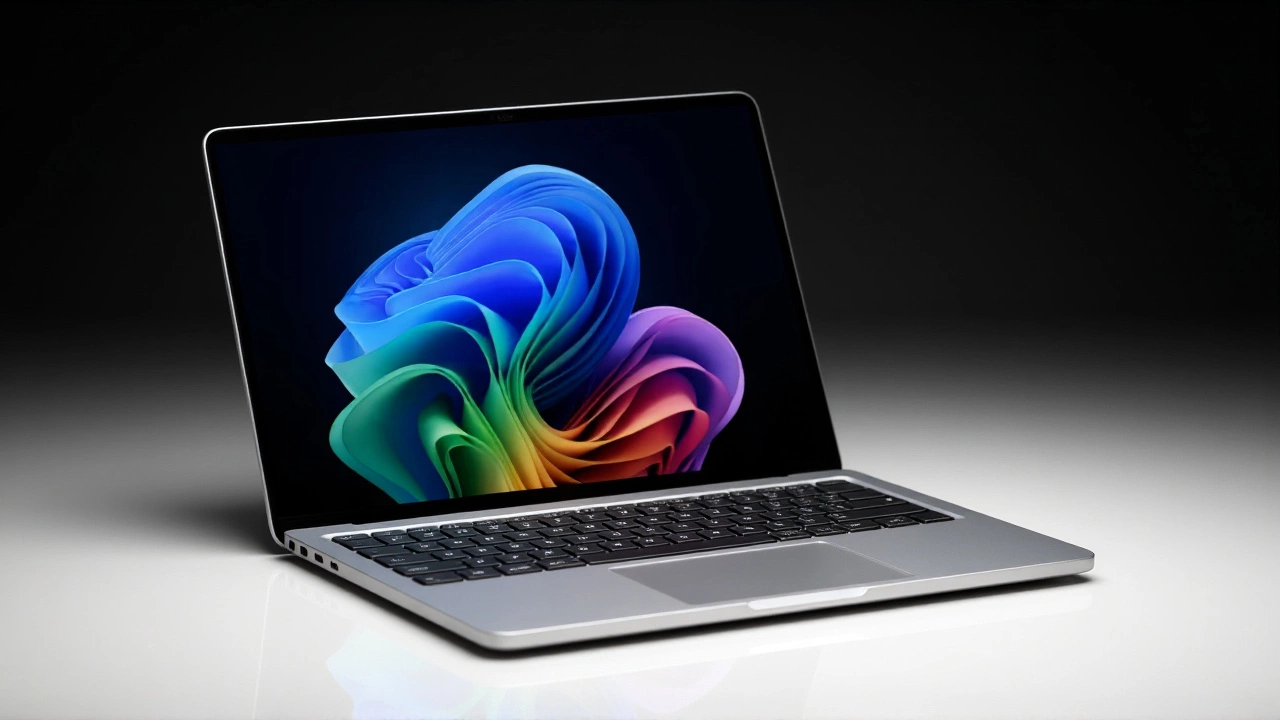On November 18, 2025, Microsoft Corporation didn’t just update Windows 11—it rewired how millions of users interact with their computers. At the Microsoft Ignite 2025Orlando, Florida conference, the company unveiled a radical shift: Copilot and AI agents now live right on the Windows 11 taskbar. No more switching apps. No more hunting for menus. Just click, speak, or type—and your AI assistant is there, ready to act.
Taskbar Becomes the AI Command Center
The new "Ask Copilot on the taskbar" feature, available in public preview as of November 18, turns the familiar taskbar into a living, breathing control panel for artificial intelligence. Users can now summon Microsoft 365 Copilot with a single click, voice command, or text prompt. What’s revolutionary isn’t just the access—it’s the context. Copilot now pulls from your Work IQ, meaning it understands your calendar, emails, documents, and recent activity. If you’re drafting a report and ask, "Summarize last week’s sales trends," it doesn’t guess. It references your actual data.And it’s not just Copilot. AI agents—like the Microsoft 365 Researcher—now appear as icons on the taskbar, complete with hover cards showing real-time progress. Need to pull together a market analysis? Click the Researcher icon. Watch it scan documents, summarize findings, and even flag contradictions—all while you keep working. Status indicators tell you if it’s thinking, fetching, or done. No more wondering if the AI’s still running.
Agents Everywhere: From File Explorer to PowerPoint
The integration goes deeper than the taskbar. In File Explorer, hover over any document and Copilot surfaces AI-powered insights: "This file was last shared with Sarah on Tuesday," or "This version has 12 revisions since the draft." Select a file, and you can ask it to rewrite, condense, or translate—without opening the app.Microsoft also expanded Agent Mode beyond Excel and Word. Now, PowerPoint users can generate entire slide decks by describing what they need. "Make a pitch deck for Q4 with charts from the sales spreadsheet," and Copilot builds it—formatting, sourcing data, even suggesting visuals. It’s not just automation. It’s collaboration.
Outlook got a major upgrade, too. One-tap prompts like "Triage my inbox," "What needs my reply?" and "Summarize and reply" are now generally available across Windows, web, iOS, Android, and classic Outlook. For busy professionals drowning in messages, this isn’t a convenience—it’s a lifeline.
Agenda View and Accessibility Get a Boost
Starting in December 2025, the Notification Center will gain an Agenda view, a clean, chronological list of upcoming meetings pulled directly from Calendar. You can join a meeting with one click, or ask Copilot, "What should I prepare for my 2 p.m. call?"—and it’ll pull relevant emails, documents, and past notes.For users with visual impairments, Microsoft rolled out new text-to-speech models powered by Microsoft Azure for both Screen Magnifier and Narrator. The voices sound more natural, with better pacing and intonation. It’s a quiet but profound improvement—making digital access more human.
Building Apps by Talking to AI
Perhaps the most surprising move? Microsoft is letting non-developers build full business apps by chatting with Copilot. Type, "Create an app to track vendor invoices with approval workflows," and Copilot generates a multi-page app with data connections, forms, and logic—all editable with point-and-click tweaks. It’s not just AI assistance. It’s AI co-creation.
Why This Matters
This isn’t another feature drop. It’s a philosophical shift. Microsoft is treating AI agents like apps—something you install, launch, and use daily. The taskbar, once a static dock for shortcuts, is now a dynamic dashboard for intelligence. And for commercial users, the integration of Work IQ means Copilot isn’t just smart—it’s personalized, secure, and context-aware.Competitors like Apple and Google are racing to embed AI into their OSes, but Microsoft’s move is uniquely enterprise-focused. It’s not about flashy chatbots. It’s about reducing friction in high-stakes workflows. The goal? Make AI so seamless, you forget it’s AI.
What’s Next
Microsoft says more first- and third-party agents are coming soon. Imagine a legal assistant agent, a supply chain monitor, or a CRM updater—all appearing on your taskbar like any other app. The company also plans to extend offline Copilot support to more Windows 11 devices, not just Copilot+ PCs.For IT admins, the rollout brings new management controls. Organizations can now decide which agents are allowed, who can trigger them, and how much data they can access. Privacy isn’t an afterthought—it’s built in.
As of November 18, over 10 million Windows 11 users have opted into the public preview. Early feedback? "It feels like I finally have a personal assistant who knows my work."
Frequently Asked Questions
How does this affect regular Windows 11 users who don’t use Microsoft 365?
Even without a Microsoft 365 subscription, basic Copilot features like taskbar search, file insights, and writing assistance are available to all Windows 11 users. However, advanced AI agents like Researcher and Work IQ context require a commercial license. The free tier still offers faster search, image analysis, and basic text editing—just not deep workflow integration.
Can I turn off AI agents if I don’t want them?
Yes. Microsoft provides granular controls in Windows Settings under "AI & Copilot." You can disable taskbar access entirely, hide specific agents, or restrict data access for each one. Enterprise admins can enforce policies via Intune. The system is opt-in by default, and no agent runs without explicit user activation.
What’s the difference between Copilot and AI agents?
Copilot is your general assistant—answering questions, summarizing content, drafting text. AI agents are specialized tools that take action: Researcher gathers data, a troubleshooting agent fixes printer errors, a finance agent reconciles invoices. Agents run tasks autonomously and report back. Think of Copilot as your assistant, and agents as your specialized interns.
Will this slow down older PCs?
Microsoft optimized the system to run efficiently on most Windows 11 devices. Basic Copilot search and text features work on machines with 8GB RAM. However, advanced agents and offline AI require Copilot+ PCs with NPU chips (Qualcomm Snapdragon X Elite or Intel Core Ultra). Older devices won’t crash, but won’t get the full agent experience.
How is my data protected with these new AI features?
Microsoft emphasizes that Work IQ data stays within your organization’s Microsoft 365 tenant. No personal files are sent to public cloud models without explicit consent. All AI processing happens locally when possible, and enterprise customers can audit agent data access logs. Third-party agents must comply with Microsoft’s AI Security Baseline before appearing in the taskbar.
What’s the timeline for full rollout?
The taskbar AI experience began rolling out to public preview on November 18, 2025. By March 2026, it will be available to all Windows 11 Pro and Enterprise users. The Agenda view launches in December 2025 preview, and third-party agent support is expected by mid-2026. Microsoft plans to expand offline AI to 100 million devices by end of 2026.

Maverick Callahan
Hi, my name is Maverick Callahan, and I'm a sports enthusiast with a particular passion for soccer. I've spent years analyzing matches, studying team dynamics, and understanding the nuances of the beautiful game. As a writer, I enjoy sharing my insights and perspectives with fellow soccer fans through engaging articles and thought-provoking discussions. My goal is to help others appreciate the sport as much as I do and to contribute to the global soccer community in a meaningful way.